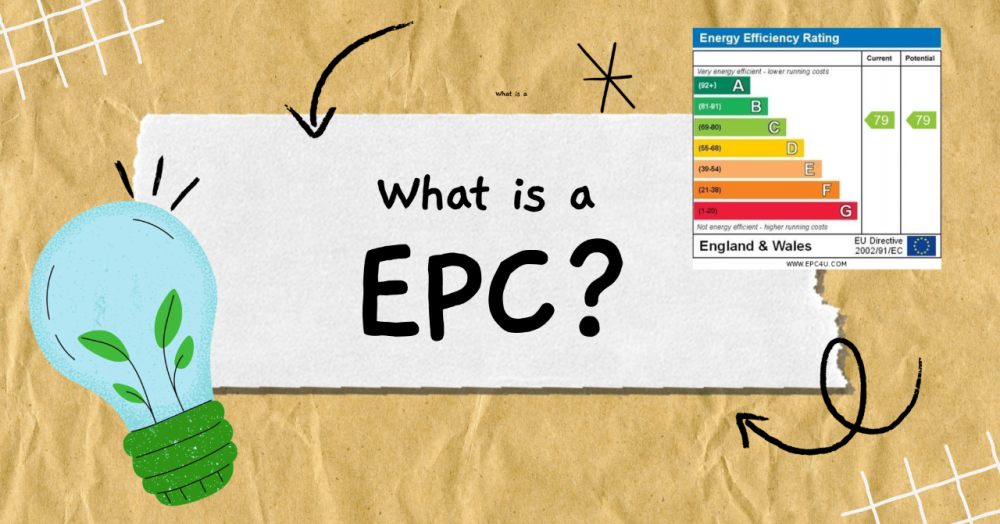Energy Performance Certificates (EPCs) play a pivotal role in the property landscape, offering insights into a home's energy efficiency. Let's unravel the significance of EPCs and why they matter for your home and the environment.
Understanding EPC:
An EPC is a standardized document that evaluates a property's energy efficiency on a scale from A to G, with A being the most efficient and G the least. The assessment considers factors like insulation, heating systems, lighting, and more.
Why EPCs Matter:
- Cost Efficiency: A higher-rated property is likely to have lower energy bills, making it cost-effective for homeowners in the long run.
- Environmental Impact: Energy-efficient homes contribute to a smaller carbon footprint, aligning with global sustainability goals.
- Property Valuation: EPC ratings can influence a property's market value. Energy-efficient homes may attract eco-conscious buyers willing to pay a premium.
- Legal Compliance: In many countries, including the UK, it's a legal requirement to have a valid EPC when selling or renting a property.
How to Improve EPC Ratings:
- Insulation: Enhance wall, floor, and roof insulation to conserve energy.
- Efficient Heating Systems: Install modern, energy-efficient heating systems.
- Double Glazing: opt for double-glazed windows to improve thermal efficiency.
- Renewable Energy Sources: This can be a simple as changing a light bulb
Conclusion:
As sustainability becomes a global focus, the role of Energy Performance Certificates becomes increasingly crucial. Beyond compliance, EPCs empower homeowners to make informed decisions, fostering a greener and more energy-efficient housing market.
All EPCs are available to view on the public website
HERE
